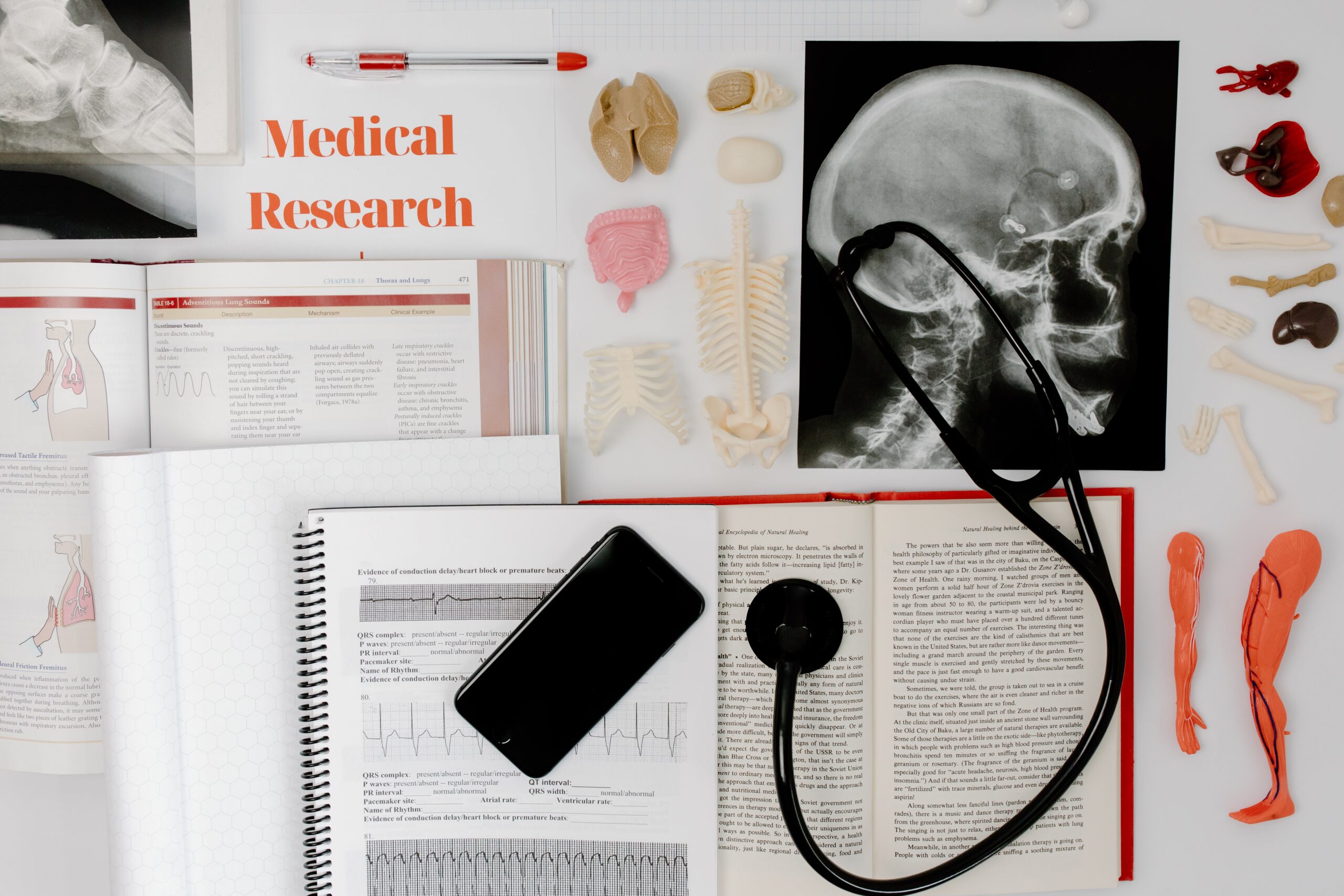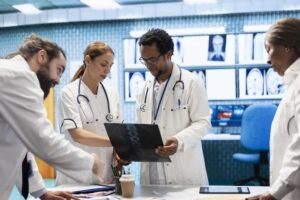The ultimate goal of any aspiring physician is to land a residency in a reputable program; which is something you have been working towards throughout your time at Caribbean medical school. Since you cannot become a licensed practitioner without obtaining one of these postgraduate trainings, it is important that you take your medical residency application process quite seriously. In this article, we will familiarize you with the events and timelines associated with the process.
Make the Most of Clinical Rotations
It is prudent to start planning for your residency applications as soon as you start clinical rotations. Once you have decided on a specialty, you will be able to select elective rotations in the field that you want to apply to. For instance, if you eventually want to end up in Infectious diseases or cardiology, you would be better off doing a rotation in your specialty of interest. Remember that it is very important to have hands-on (direct patient care) supervised experience during your final year. During your clinical rotations, you can also start soliciting letters of recommendation from physicians you work with and who can vouch for your abilities and skills, and have seen you in action with actual patients. While you are at it, you should also ponder over the right approach to ask for letters of recommendations. While the best practice is to ask for a letter of recommendation in person, it is also acceptable to set up a video call. Be sure to collect letters of Recommendations from attending physicians from your clinical rotations, department chairs, program directors, research collaborators, deans, and faculty with whom you worked in extracurricular activities.
Prepare all Required Documents
Most programs use special electronic service (ERAS) to receive applications. While the (ERAS) opens in mid-May for residencies that would start the following year, you should start preparing all supporting documents well in advance, including your residency personal statement, ERAS Common Application Form, curriculum vitae, and letters of recommendation.
Your USMLE scores and letters of recommendation can get you noticed by your program director; but it is your personal statement which might end up being the deciding factor for admission into a program. Use your personal statement to express who you are as a person and how you are a perfect fit for the program to which you’re applying. This is key as an applicant’s “perceived commitment to specialty” is another highly ranked aspect of an application. Experts say that you should begin writing your personal statement three to four months before you apply for residency, and aim to finish at the beginning of your fourth year of medical school. Fortunately, at the Windsor University School of Medicine, our team of experts and physicians will assist students in editing the personal statement for each specialty they apply to.
Next, you need to collect your MSPE (Medical Student Performance Evaluation) from your medical school, which details your academic history and performance through your first three full years of medical school, and sometimes an assessment of your professional attributes. Caribbean medical students also need to obtain Educational Commission for Foreign Medical Graduates (ECFMG) certification, which is required to obtain a residency. Last but not the least, it would be really helpful if you update your Curriculum Vitae to include all relevant experiences, especially anything which involves dealing with people.
Complete your Residency Application
If you have completed the preliminary work within the timeline, you will be all set to upload your documents and input all the required information as soon as the ERAS opens. Start working on your application the day the system becomes available, instead of waiting till the last minute. You will have a lot on your hands, including signing up on the platform, filling out forms and uploading documents. Meanwhile, ask your faculty and physicians to submit their letters of recommendations on the platform. It is important to gently remind your letter writers to submit on time, since they may be busy up to their necks and potentially miss the deadline. You will be able to submit applications in September, as well as register for the correct matching system. While most students use the National Residency Matching Program, Students applying for osteopathic residency positions in the United States have to register through the AOA Intern/Resident Registration Program, while students pursuing advanced positions in ophthalmology, neurotology, or plastic surgery can use the San Francisco Match.
Attend Residency Interviews
Once you have submitted your application, the next step is waiting for programs to review your application and extend offers for interviews. Residency interviews usually occur from October through January of your fourth year, with December and January being the busiest interview months. It is not possible to MATCH in a program without attending an interview, so it pays to be well-prepared and ace the interviews. In addition to practicing with mock interview questions, focus on your body languages, gestures, attire, and overall demeanor. Most programs rank you high in their rank order list if you perform well during interviews.
Create your Rank Order List
Once you are done with the interviews, you will need to submit a list of programs, ranked in order of preference, to the match program. Program directors will submit their rank order list (ROL) of applicants to the appropriate match programs. A computer algorithm matches applicants to the highest program on their list that has, in turn, ranked the applicant.
It helps to create detailed notes after each interview, listing down the pros and cons of each program to help you create a viable Rank order list down the lane. If you are having trouble ranking programs by order of preference, we recommend ranking all programs that truly clicked with you, and all programs you’re actually willing to go to. You can also rank based on factors such as location, interest in a specialty, or chances of securing a MATCH.
Wait for the Match Day
Now there’s not really much to do apart from waiting for the day you open your envelope to reveal where you landed your residency! You must be getting jitters thinking about where you have landed a spot. On the MATCH Day, your Caribbean Medical school will celebrate this momentous occasion with you.







